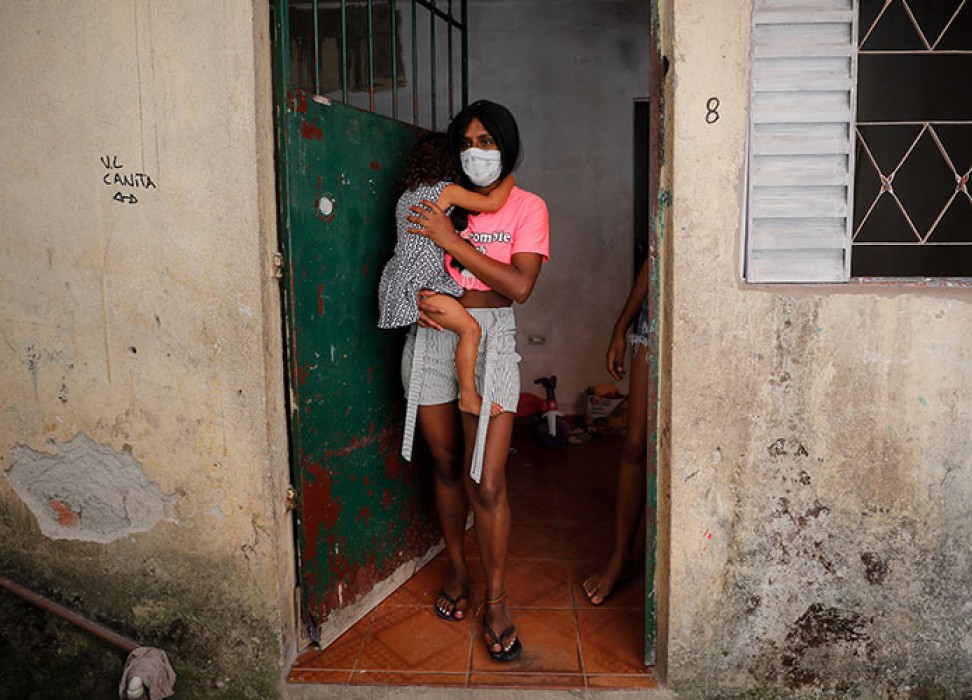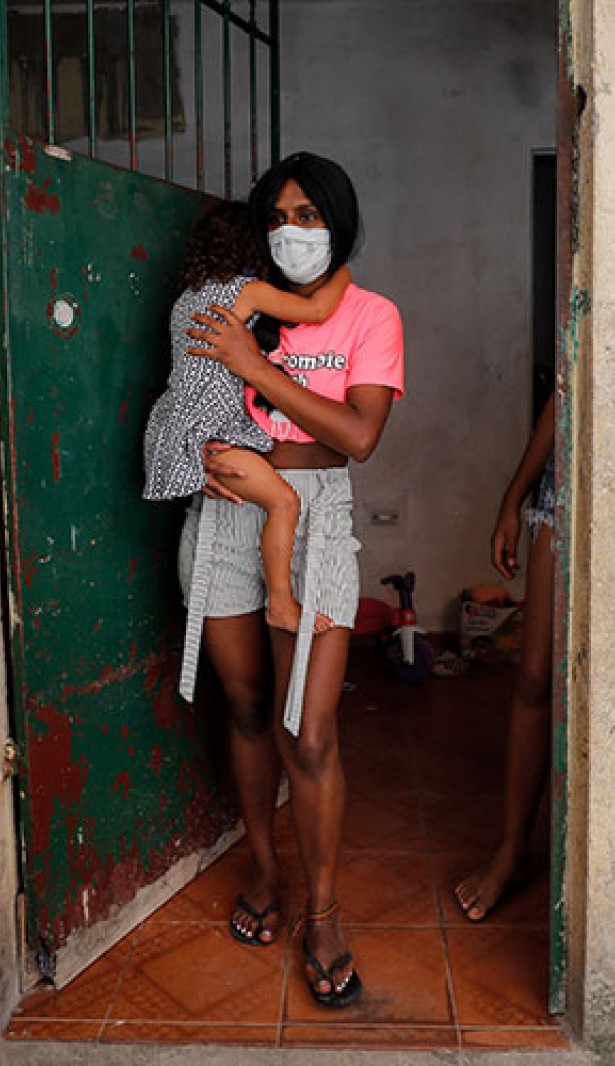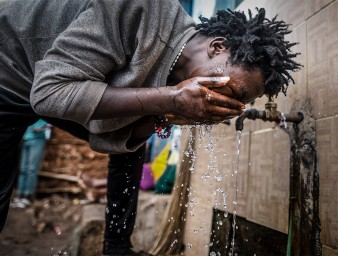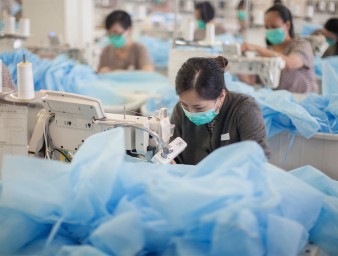Social protection must be strengthened before the next crisis
29 July 2021

The COVID-19 pandemic triggered the worst economic fallout since the Great Depression of 1929. The pandemic and the procedures put in place to protect people led to a downward spiral, ultimately pushing an estimated 115 million additional into extreme poverty in 2020, and 35 million more may follow this year, according to Olivier De Schutter, Special Rapporteur on Extreme Poverty and Human Rights.
“The reality is that we have been caught unprepared,” he said. “61 percent of the global workforce is still made up of informal workers or workers in precarious forms of employment, with little or no access to social protection. 55 percent of the world’s population, 4 billion people, lack any form of social protection and an additional 26 percent are covered only against some forms of economic insecurity.”
De Schutter presented the report at the 47th Session of the Human Rights Council, on 30 June 2021, in Geneva, Switzerland.
When the economic crisis escalated, many countries did implement social protection measures to help people keep afloat. However, De Schutter added that the measures were ad hoc and short term.
To address these challenges and prepare for the future, De Schutter urged States to establish a Global Fund for Social Protection (GFSP), to increase the level of support for low-income countries that would help them set up and manage social protection floors in the form of legal entitlements, and to improve the resilience of social protection systems against future shocks.
“Social protection, indeed, should be seen as an investment with potentially high returns, since it leads to building human capital, has significant multiplier effects in the local economy, and contributes to inclusive growth and to resilience in times of crisis,” he said.
De Schutter said that before the pandemic, there wasn’t enough invested in healthcare, unemployment, pensions, children or disability allowances, and now the poor are paying the price. He urged States to support the GFSP and other investments, so that everyone is prepared to handle the next crisis.
According to the International Labour Organisation’s (ILO) World Social Protection Report, less than USD $78 billion would be needed for low-income countries to establish social protection floors, including healthcare, covering 711 million people.
“This is less than half of what developed countries are currently providing in development aid, and it represents about 0.13 per cent of the OECD countries' total Gross National Income (GNI),” De Schutter added.
“While international support is crucial, it should not be seen as a substitute for the mobilization of domestic resources to finance social protection floors, but rather as an incentive to encourage recipient countries to build capacity and to invest more in this area,” De Schutter said.
De Schutter explained that international support should be seen as a kick-starter to a process that will enable recipient countries to gradually increase the level of domestic resource mobilization as a way of ensuring a “predictable level of support to countries committed to establishing social protection floors, whose ability to finance social protection would improve in time.”
In his report, De Schutter provides a roadmap for the establishment of the GFSP, building on the existing structures that have been developed on an ad hoc basis to provide support for universal social protection floors.
“The challenge now is to strengthen these structures — not to weaken or duplicate them — in order to ensure they work more effectively with one another, and to scale up the level of support while ensuring that such support is also adaptive to future shocks,” he said.
De Schutter views this as an important opportunity for States to move in the right direction for the realization of the right to social security as a human right.
“We can and we must do better,” he said.
29 July 2021




